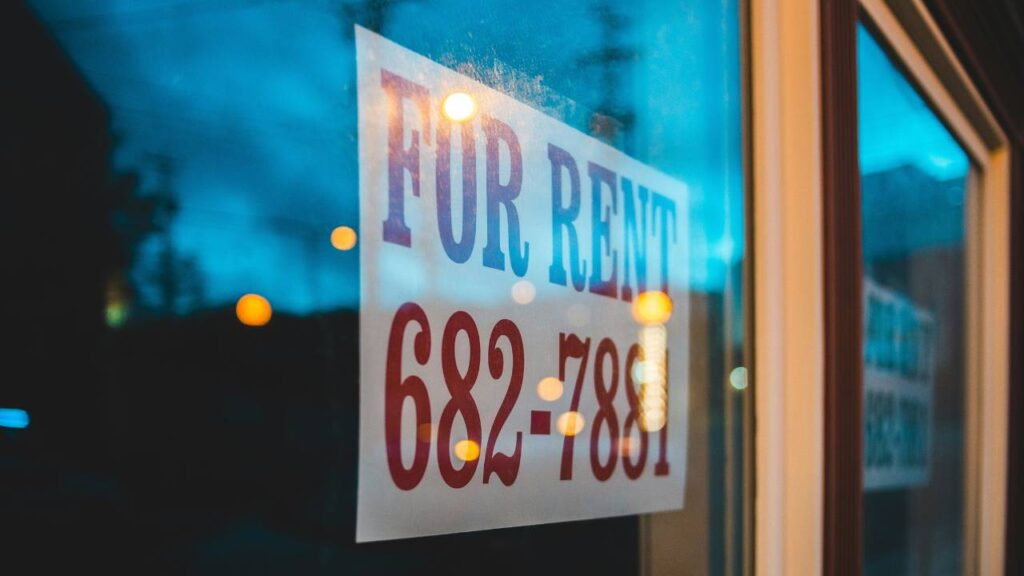Landlord burnout is a genuine challenge, affecting many who expected property ownership to provide easy, ongoing income but quickly discover the emotional, financial, and logistical pressures involved. The key to avoiding landlord burnout is understanding its most common triggers and implementing practical strategies to manage stress before it escalates. Exploring five crucial areas that often lead to burnout, this blog post sheds light on effective ways landlords can protect their well-being and sustain their investment for the long term.
Recognising the Warning Signs Before It’s Too Late

Landlords may find themselves feeling constantly stressed, even after resolving tenant issues or handling routine requests. If these pressures feel unrelenting, it can be a sign that burnout is forming.
Neglecting the upkeep of properties is another common warning. Delayed repairs and postponed maintenance can indicate emotional fatigue or an overwhelmed state of mind.
Some landlords start to experience resentment towards tenants. Tasks that once felt manageable might trigger frustration or a sense of unfairness, leading to strained tenant relationships.
A difficulty in switching off after working hours is also a warning sign. When property management tasks spill into personal time and mental breaks are hard to come by, stress can build up quietly.
Paying attention to these signs early allows landlords to make changes before burnout affects their health or property investments. Early awareness can prompt shifts in workload, the use of professional support, or structural changes in property management.
Without intervention, burnout may reduce the profitability of letting, as neglected properties or tenant disputes begin to impact returns. It can also take away from the satisfaction and enjoyment often found in running successful rental properties.
Understanding the Hidden Financial Pressures
Many landlords face financial complexities that stretch beyond the obvious. Unexpected maintenance costs—such as emergency boiler repairs or sudden structural issues—can quickly eat into profits.
Handling tax obligations adds to the challenge. While there are tax benefits to homeownership, landlords also need to manage regular record-keeping, compliance costs, and occasional accounting stress linked to property investments.
The obligation to pay tax on rental income brings another layer of complexity. This is particularly true when income fluctuates due to tenant turnover or extended vacancies, making financial planning more demanding.
Professional advice and automation tools can assist with these pressures. With reliable support, landlords can better streamline both tax and financial management, reducing the risk of burnout.
Stop Doing Everything Yourself

It is common for landlords to take on all the duties and responsibilities themselves, thinking it saves money. However, constantly dealing with tenant complaints, collecting rent, and organising repairs quickly adds up to countless hours of unpaid work.
The psychological strain can be substantial. Stress grows with each late-night emergency call or when coordinating multiple tradespeople for property maintenance. It is not uncommon for landlords to underestimate how draining it can be to chase overdue rent or to handle complex legal paperwork.
To avoid burnout, consider outsourcing day-to-day responsibilities to a property management company that can act on your behalf while you stay hands-off.
Tasks such as screening tenants, responding to maintenance issues, and ensuring all documentation meets legal standards are often far more time-consuming than expected. Emergency repairs, in particular, place pressure on landlords to be available at all hours, disrupting personal time and sleep.
Outsourcing these functions might come with a price, but the time freed can make the investment worthwhile. Choosing to let professionals handle these day-to-day operations is often a practical solution that supports long-term sustainability in property management.
Setting Better Boundaries With Tenants
Many landlords find that being constantly available to tenants quickly erodes their personal time and contributes to stress. When tenants expect immediate responses, landlords often struggle to maintain a healthy work–life balance.
Setting clear communication hours is an effective strategy. Landlords can inform tenants of specific times when they will respond to queries or concerns, for example, between 9am and 5pm on weekdays. Using tools such as automated email replies or a dedicated business phone line helps reinforce these boundaries and ensures that requests are managed efficiently.
Maintaining emotional distance is also essential. Landlords must remember that, while being respectful and fair, property management is a business transaction rather than a personal relationship. This mindset helps prevent issues from becoming overwhelming or emotionally draining.
Including boundary-setting scripts in both verbal and written communication can clarify expectations. Phrases such as “Please note that I respond to non-urgent matters during business hours” or “For emergencies, use the following contact method” signal professionalism. Adding these statements to lease agreements further formalises them and helps avoid misunderstandings in future.
Build a Support System and Embrace Tech

Many landlords find relief by connecting with others who share their experiences. Engaging in online forums, Facebook groups, or attending local property meetups allows them to swap advice, share solutions, and reduce feelings of isolation.
Investing in digital tools can streamline everyday tasks. Platforms for rent collection, maintenance tracking software, and accounting dashboards can simplify management, minimise paperwork, and provide timely reminders.
Developing a reliable “landlord stack” is equally valuable. Having trusted vendors, reliable virtual assistants, and knowledgeable financial professionals ready to support at short notice helps reduce stress and the sense of being overwhelmed.
By building practical support systems and making the most of technology, landlords can free up their time and mental energy, allowing them to focus on the bigger picture.
Conclusion
Burnout among landlords is a common experience, particularly as responsibilities accumulate and processes become more complex. However, by taking small yet consistent steps to organise and systemise their rental operations, landlords can regain control and reduce daily stress. With the right support and improved systems, property management can once again become a rewarding and manageable endeavour.


